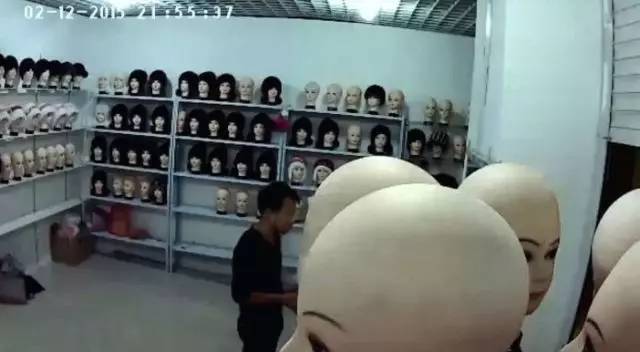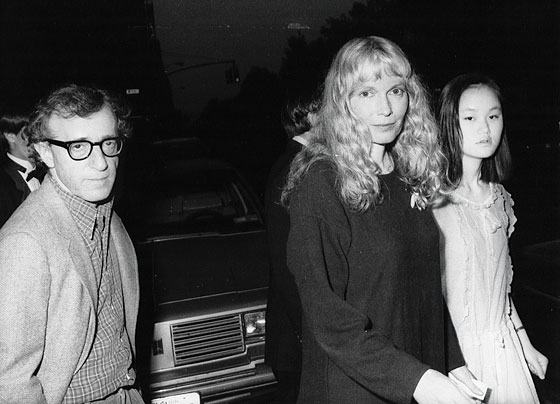
“It’s every man’s worst nightmare,” Al Monroe blubbers, handcuffed to the headboard of a bed: “Getting accused like that.”
Standing at the foot of the bed—clad in a cliché “sexy nurse” costume and rainbow wig; like a glorious blowup-doll-nightmare come to life—Cassie caustically deadpans: “Can you guess what every woman’s worst nightmare is?”
Emerald Fennell’s directorial debut, “Promising Young Woman”, follows Cassandra, a dispassionate barista who once abandoned an auspicious medical career to care for her childhood friend, Nina; the victim of a brutal, humiliating rape during their time in med-school. We meet Cassandra at a crossroads in her life; recently turned-30, living with her parents, and still struggling with the grief of losing Nina. (We never learn quite how, though it is implied the aftermath of her rape contributed to some degree.) Fueled by righteous rage, Cassie spends her nights pretending to be blacked-out in local bars, only to humiliate the men who take her home and attempt to take advantage of her condition. Upon coincidentally reuniting with a former classmate, Ryan, with whom she shares a romantic spark, Cassie must choose between a future with, as Cassie herself puts it: “a yoga class, and a house, and kids, and a job my mom could brag about”, and chasing her obsession with avenging Nina’s ruin.
“Promising Young Woman” follows in the tradition of the classic feminist rape-revenge-fantasy thriller that have come before it; films like David Slade’s “Hard Candy” (2006) or the Soska Sisters’ “American Mary” (2012). The real villain at the heart of this genre is the cishetero-patriarchal order; the one that strips women of their agency, and demands of men their brutality. It is this same order that not only takes from Nina her freedom and her life, but that also demands Cassandra submit to a life of quiet domesticity in the wake of her own violent loss. (It is the same order that demands Mary Mason starve and humble herself before the abuse of arrogant men, vying for a position in the boys’ club of the medical field; or demands that Hayley Stark be nothing more than the doe-eyed, sympathetic prey for lonely, tortured artists.) And certainly, Cassie makes a valiant attempt to oblige—her commitment framed beautifully in her budding relationship with Ryan, who complements her increasingly coiffed, softened, pale-pink-adorned appearance with his own boyish charm and baby-blue fashions. But like the heroines before her, Cassandra must ultimately choose between a future within this oppressive social order and the glorious self-immolation of revenge. And though she is no saintly martyr in her decision, Cassie is nevertheless a compelling reminder that just as we cannot predict how trauma will change us, we cannot judge how victims reaffirm their personal agency. (Well, we could. But should we?)







